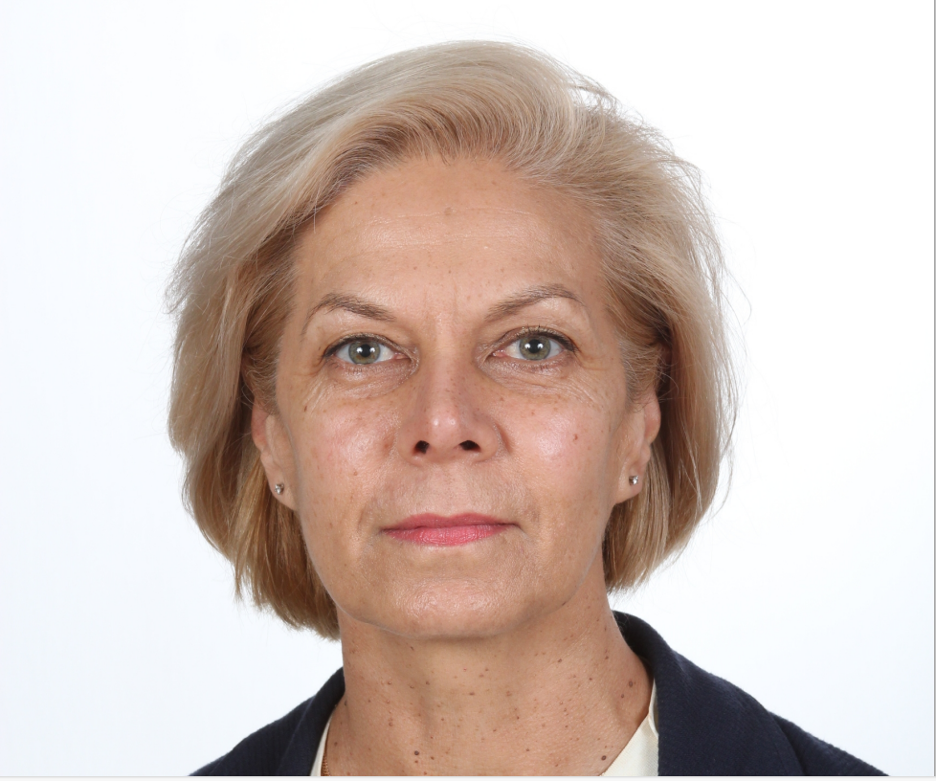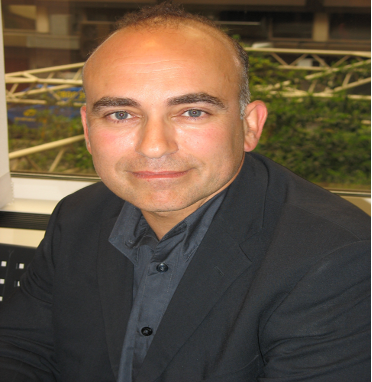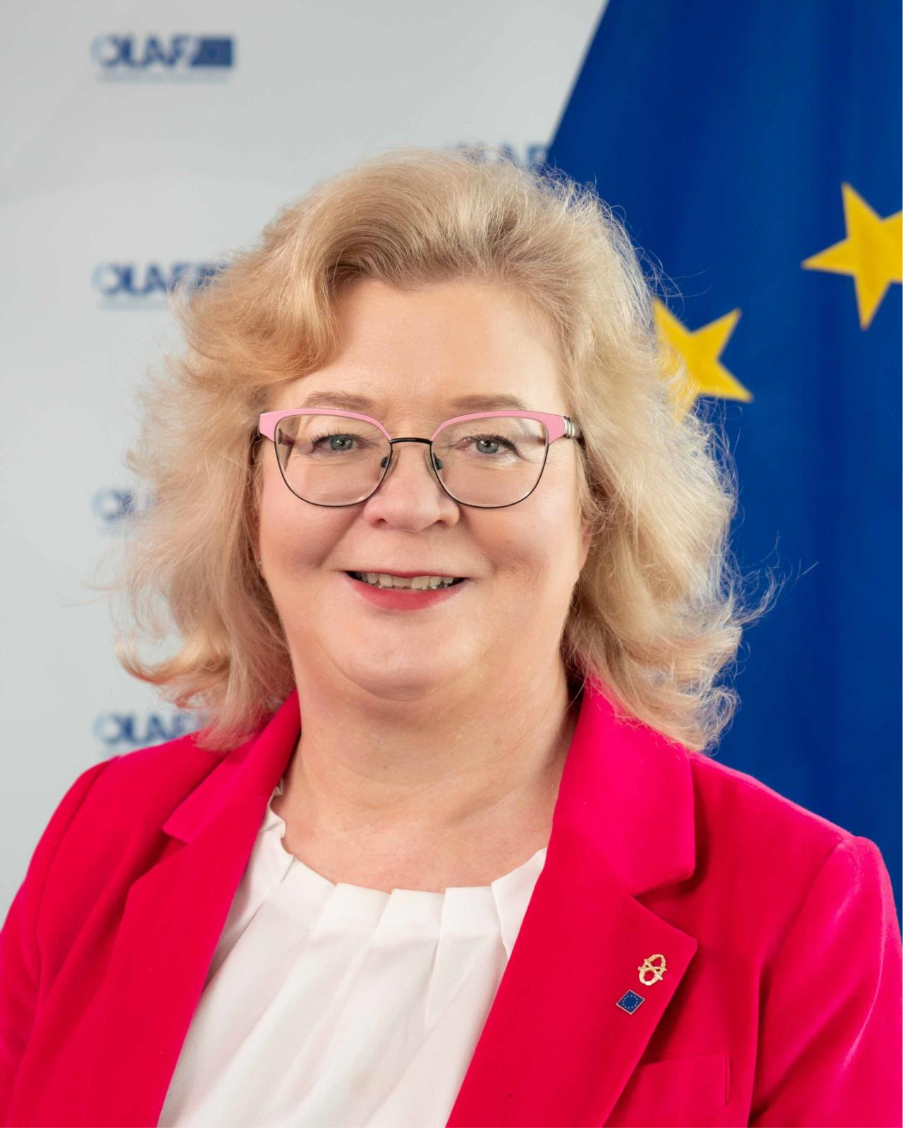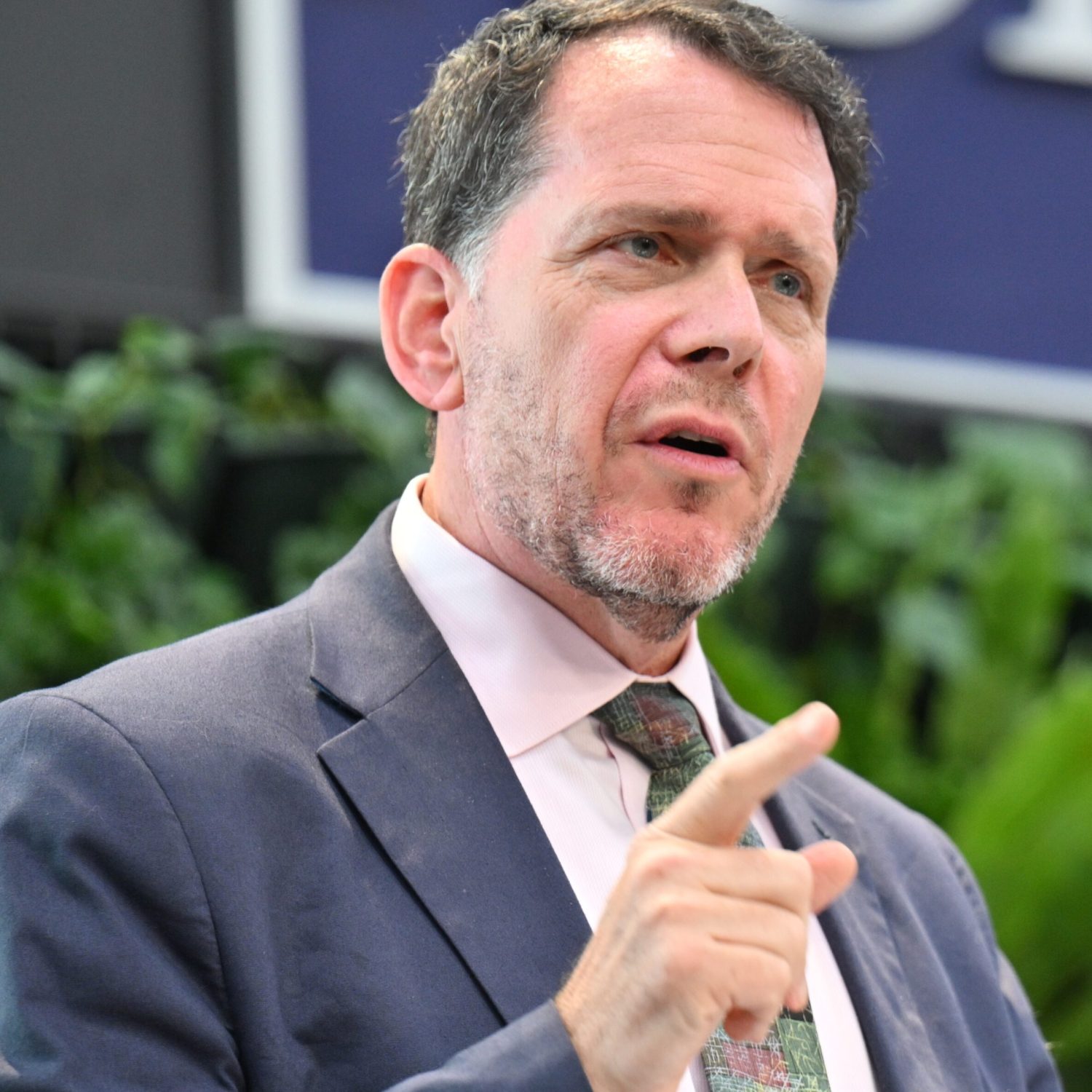
Plenary 3: Navigating Budget Cuts for Investigations
Plenary 3 aims to explore how investigative functions can pivot from reactive cost-cutting to proactive transformation—emerging leaner, more agile, and better aligned to their institutional integrity mandates.

Suzette Schultz (UN OIOS)
Suzette Schultz has served as Director of the Investigations Division of the Office of Internal Oversight Services (OIOS) since September 2022. She leads a team of 115 staff across three regional offices—in New York, Vienna, and Nairobi—a surge office in Entebbe, and peacekeeping missions in Bangui, CAR; Juba, South Sudan; and Goma, DRC. A qualified lawyer and advocate, Ms. Schultz was previously Deputy Prosecutor-General of the High Court of Namibia, where she prosecuted cases for nearly a decade. She joined the United Nations in 2003, taking on various roles, mostly within OIOS and based in diverse locations such as Arusha, Tanzania; Vienna; Entebbe, Uganda; Baghdad, Iraq; and New York, where she has spent most of her UN career.

Alan Bacarese (WBG)
Alan joined the World Bank Group’s Integrity Vice Presidency (INT) as Director of Investigations, Strategy, and Operations in February 2021.
In this role, Alan oversees INT’s investigations of alleged fraud, corruption, and other sanctionable practices involving projects and activities financed by the World Bank Group, its corporate vendors, and World Bank Group staff, as well as efforts to litigate substantiated investigations within the World Bank Group’s Sanctions System. He also manages INT’s Prevention, Risk, and Knowledge Management function, to promote best practices in the prevention of fraud and corruption in World Bank Group–supported projects. In addition, Alan provides support to INT’s Vice President in setting the strategic priorities for the unit’s overall anticorruption efforts.
Alan has over 30 years experience in investigating and prosecuting matters of international fraud and corruption. Before joining INT, he was the Director of Integrity and Anti-Corruption for the African Development Bank, where he led the Bank’s anticorruption investigation function and its policies on anticorruption and integrity measures, as well as the Bank’s business integrity due diligence function. His past roles include serving as a UK Senior Crown Prosecutor, the first Head of Legal and Case Consultancy at the Basel Institute’s International Centre for Asset Recovery and an External Member of the Inter-American Development Bank’s Sanctions Committee. Alan is a UK national and holds an LLB (Hons.) in law and is qualified as a UK Barrister and an Advocate of the Higher Courts of England and Wales. He is the author of many published articles, technical papers and is a co-author to the UK’s leading UK legal text on Corruption and Misconduct in Public Office (published by OUP – 4th Ed. – https://academic.oup.com/book/58180).

Salla Saastamoinen (OLAF)
Salla Saastamoinen is an accomplished European Commission executive, currently in the function of the Deputy Director-General, and serving as the Acting Director-General, of the European Anti-Fraud Office (OLAF). In her roles, she plays a crucial part in leading the independent office responsible for investigating fraud against the EU budget, corruption, and serious misconduct within European institutions, as well as developing antifraud policies for the European Commission.
Ms Saastamoinen has worked in the European Commission over 25 years, first in DG Environment. Whilst during the COVID pandemic she was the Acting Director-General of DG Justice and Consumers (DG JUST), overseeing EU policies on justice and rule of law. Concurrently, she served as the Director for Civil and Commercial Justice. Prior to joining OLAF Ms Saastamoinen was the Deputy Director-General of the Joint Research Centre (JRC).
Before joining the European Commission, Salla was a partner in a law office in Helsinki, Finland. She holds a Licentiate degree in Law from the University of Helsinki, Finland, and has completed post-graduate studies in Law from the Universities of Saarbrücken, Germany, and Zürich, Switzerland. A renowned expert in her field, Salla is the author of several books on environmental law and EU law.

Stephen Zimmermann (UNICEF)
Stephen Zimmermann is UNICEF’s Director of Internal Audit and Investigations where he overseas multi-disciplinary teams responsible for assurance and advisory services, as well as investigations into fraud, corruption and misconduct across UNICEF’s global operations. Previously Mr. Zimmermann was the Senior Adviser to the Governance Global Practice of the World Bank where he helped guide the Bank’s anti-corruption, justice and rule of law work. He was previously the Director of Operations for the World Bank Integrity Vice Presidency (INT) where he oversaw teams charged with detecting, investigating, sanctioning and preventing fraud and corruption in Bank-financed activities around the world. Mr. Zimmermann has had a leading role in developing the World Bank’s integrity agenda and led efforts to reach a historic Cross-Debarment Agreement signed by the World Bank and leading regional Multilateral Development Banks for mutual enforcement of sanctions decisions. Prior to joining the World Bank Group, Mr. Zimmermann was also the first Chief of the Office of Institutional Integrity for the Inter-American Development Bank. He also has served as the interim Chief of Staff for the Independent Inquiry Committee into the United Nations Oil for Food Program. Before joining the Bank, Mr. Zimmermann was an Assistant United States Attorney in the U.S. Justice Department, as well as a lawyer in private practice.

